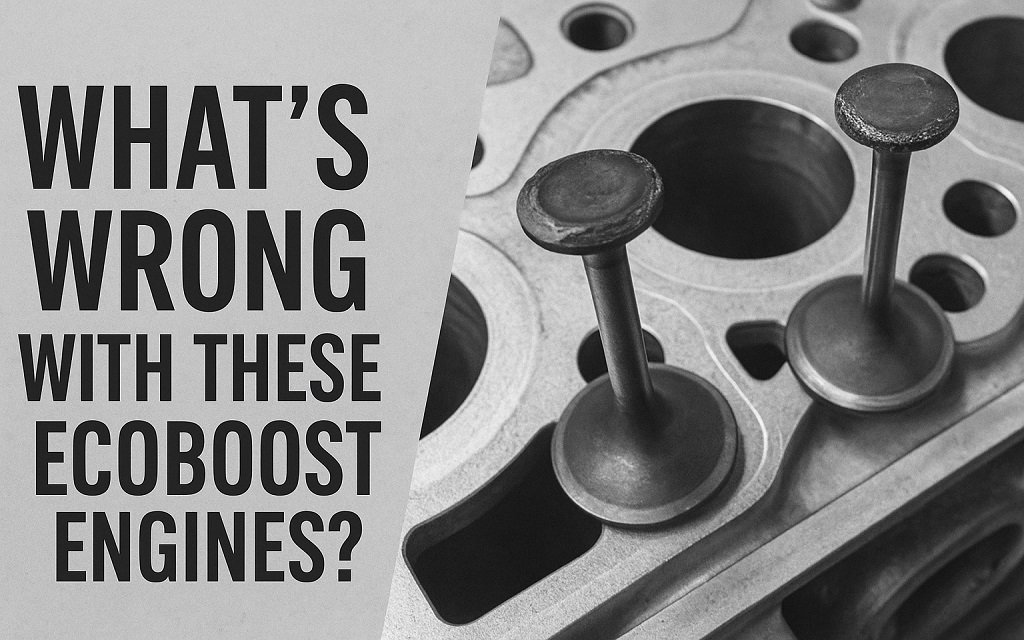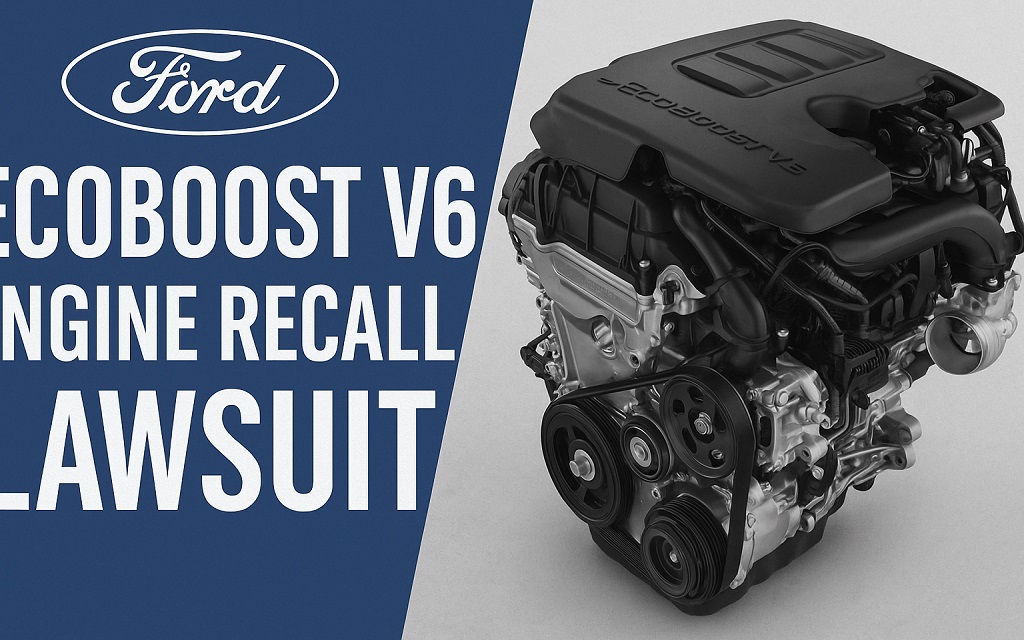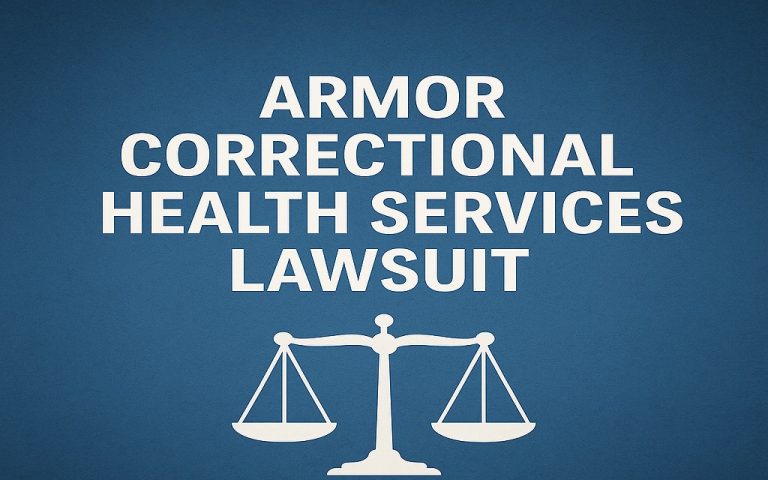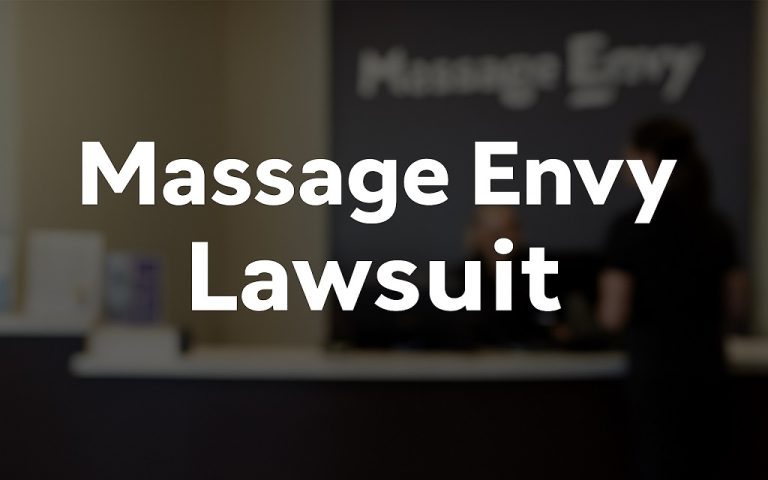Is your Ford truck or SUV at risk of engine failure? In an expanding class-action lawsuit against Ford, thousands of drivers are alleging serious flaws in the company’s well-known EcoBoost V6 engines. Legal action has been triggered by cracked intake valves, resulting in expensive repairs and potential fire concerns; you may be impacted without realizing it. Learn which cars are affected, how to protect your rights, and what the Ford EcoBoost V6 engine recall lawsuit means for you.
What Is the Ford EcoBoost V6 Engine Recall Lawsuit?
In January 2025, Ford Motor Company was the target of a major class-action lawsuit. The lawsuit, pending in the U.S. District Court for the Eastern District of Michigan, is officially known as Barkus et al. v. Ford Motor Co. The plaintiffs argue that Ford sold vehicles with defective 2.7-liter and 3.0-liter EcoBoost V6 engines, which were built with flawed intake valves that crack under everyday heat stress.
The lawsuit alleges that these “Silchrome Lite” valves can fail prematurely — sometimes before 20,000 miles — resulting in catastrophic engine damage or even fire. Owners complain about unexpected maintenance, safety concerns, and a decreased resale value after investing extra money in Ford’s EcoBoost technology.
This issue is gaining national attention, as many famous Ford and Lincoln vehicles utilize these engines.
Which Ford and Lincoln Automobiles Are Under the Lawsuit?
Ford’s 2.7L and 3.0L V6 EcoBoost engines, which are present in a large number of trucks and SUVs manufactured between late 2020 and 2022, are the subject of this lawsuit about the EcoBoost V6 engine recall. According to documents, the primary models include:
- 2021–2022 – Ford F-150
- 2021–2022 – Ford Explorer
- 2021–2022 – Ford Edge
- 2021–2022 – Lincoln Nautilus
- 2021–2022 – Ford Bronco
- 2021–2022 – Lincoln Aviator
A Ford recall affecting approximately 90,000 cars was announced in September 2024, following a thorough investigation by the National Highway Traffic Safety Administration (NHTSA).
What’s Wrong With These EcoBoost Engines?

The Problem With “Silchrome Lite” Valves
At the center of the lawsuit is a technical defect involving intake valves made from a special metal alloy called Silchrome Lite. Plaintiffs claim this material becomes too hard under typical engine heat, causing microscopic cracks. Over time, these cracks can expand, leading the valve to break. If pieces drop into the combustion chamber, it may cause the pistons or cylinder walls to shatter.
This can cause:
- Sudden loss of engine power
- Oil or coolant leaks
- Complete engine seizure
- Fire hazards from oil contacting hot surfaces
Ford moved away from Silchrome Lite by October 2021, switching to a more durable alloy called “Silchrome 1.” However, many vehicles on the road today still utilize older parts.
What Did Ford & The NHTSA Do About It?
The NHTSA Investigation
The NHTSA opened a formal probe into these EcoBoost engines in July 2022, after early consumer complaints. By September 2023, the investigation expanded when engineers confirmed that the Silchrome Lite valves could crack well below expected mileage.
When Ford presented its internal test data, the NHTSA agreed that a recall was needed. In September 2024, Ford issued the recall and offered free inspections and engine replacements.
Ford’s Official Response
Ford says the recall and extended warranty fully address the issue. In public statements, Ford emphasized that only about 1% of the ~90,000 recalled vehicles showed valve cracking, most of which occurred before 20,000 miles.
But many owners argue the automaker knew or should have known of the risk years earlier. The lawsuit contends that Ford “actively concealed” these problems to protect sales and brand image.
How Does the Class-Action Lawsuit Work?
Legal Allegations
The plaintiffs are seeking class-action certification, which would allow thousands of current and former owners to join automatically. Their central claims include:
- Breach of express and implied warranty
- Fraudulent concealment
- Violations of consumer protection laws
- Damages for diminished value (resale losses)
They want Ford to pay for:
- Engine replacements beyond warranty limits
- Rental costs, towing, and inconvenience
- Possible compensation for safety risk exposure
Case Status
As of July 2025:
- Class-action certification in the Eastern District of Michigan is still pending.
- Discovery and pre-trial motions are in progress.
- There is currently no scheduled trial date or settlement.
This implies that, unless you want to opt out, you may eventually be automatically included in the class if you own one of these cars.
How Do You Know If Your Ford Has This Problem?
Warning Signs of Intake Valve Failure
If you own a 2021–2022 Ford or Lincoln with a 2.7L or 3.0L EcoBoost, it’s critical to watch for these symptoms:
- Rough idle or misfires, especially on cold starts
- Loss of power under acceleration
- Check engine light with cylinder misfire codes
- Blue smoke from exhaust (oil burning)
- Coolant levels are dropping with no external leak
Early detection could save you from complete engine failure.
What Can Owners Do Right Now?
Check Your VIN For Recalls
Start by visiting Ford’s recall website or NHTSA.gov to enter your VIN. This will inform you if your vehicle is already part of a recall campaign.
Talk to Your Dealer
Ford will usually repair your EcoBoost engine at no extra cost if it breaks down while still covered under warranty. The class-action complaint contends that Ford ought to pay for these repairs, even when they are not covered by warranty, or repay owners who have already made out-of-pocket payments.
Consider Legal Help
Many law firms are already organizing potential plaintiffs. They may offer a free case review to determine if you qualify, especially if you have paid for repairs related to valve or engine damage.
How Much Might Ford Have to Pay?
Possible Judgments or Settlements
Typical outcomes if the class-action lawsuit is successful include:
- Ford covers full engine replacements (or reimbursement for previous repairs).
- Payments in cash for connected costs, lost value, or annoyance.
- Possible warranty extensions beyond current coverage.
Depending on the severity, previous automobile class actions involving engine flaws (such as the 2.4L engine failures by Hyundai and Kia) have yielded settlements of hundreds of millions, with compensation per car ranging from $2,000 to over $10,000.
Are There Other EcoBoost Lawsuits or Recalls?
Yes. Ford has faced other issues tied to the EcoBoost lineup:
- 1.0L EcoBoost: Known for coolant leaks leading to overheating and fires.
- 3.5L Cyclone V6: Had a well-documented water pump failure problem inside the timing cover.
- Previous 2.7L recalls: Associated with turbocharger issues and oil pan leakage.
In support of their claim that Ford has a history of concealing or downplaying engine issues, plaintiffs frequently point to these systemic trends.
Will This Lawsuit Change Ford’s Warranty Coverage?
It might. Often, settlements lead automakers to offer more extended warranties for affected components. If class certification happens and Ford loses or settles, it could trigger:
- Extended warranty programs
- More robust goodwill repair policies
- Additional consumer notices about early failure symptoms
Conclusion: What Should Ford Owners Do Next?
If you drive a 2021–2022 Ford F-150, Bronco, Edge, Explorer, Nautilus, or Aviator equipped with a 2.7L or 3.0L EcoBoost engine, it is essential to know your options.
- Run your VIN on NHTSA.gov to see if your car is part of the recall.
- Watch for engine issues, such as misfires, coolant loss, or blue smoke.
- Save all maintenance receipts in case you need to prove damages later.
- Consider consulting with a consumer protection attorney for a complimentary consultation.
Staying informed about this Ford EcoBoost V6 engine recall lawsuit may protect your investment — and keep you from footing the bill for Ford’s engineering mistake.
Disclaimer: This article provides a general overview of the Ford EcoBoost V6 engine recall lawsuit, based on publicly available information, and is intended for informational purposes only. It does not constitute legal advice.
Musarat Bano is a content writer for JudicialOcean.com who covers lawsuits, legal news, and general legal topics. Her work focuses on research-based, informational content developed from publicly available sources and is intended to support public awareness. She does not provide legal advice or professional legal services.




